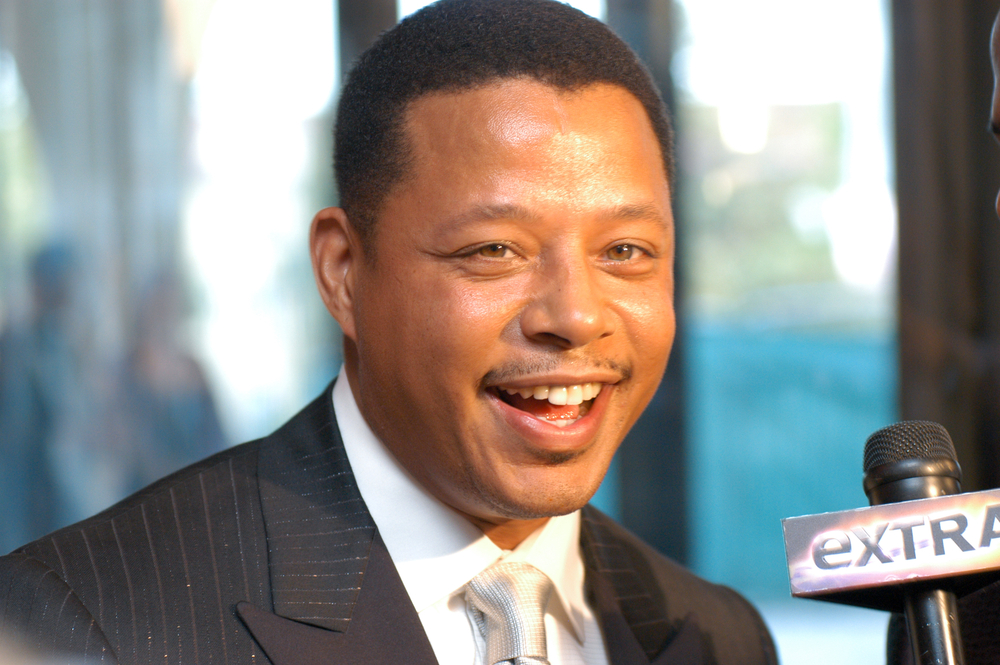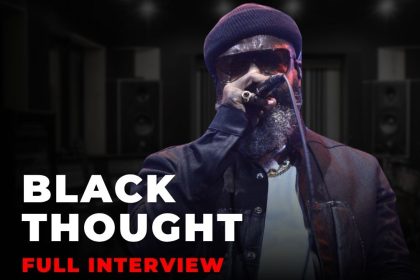Terrence Howard, known for his roles in films and TV shows like “Empire,” has long been a figure of intrigue and controversy. His recent appearance on “The Joe Rogan Experience” reignited discussions about his unconventional views on mathematics, specifically his claim that 1 times 1 equals 2.
Howard’s unconventional math
Howard first introduced his controversial math theory during a 2015 Rolling Stone interview. He suggested that basic arithmetic principles, such as 1 times 1 equaling 1, are incorrect and that society has been misled for years. This claim alone has led many to question his grasp on reality.
In his recent appearance on Joe Rogan’s podcast, Howard had hours to elaborate on his theories, which he believes disprove conventional math. Rogan’s platform, known for hosting conspiracy theorists, provided Howard with a significant audience, further spreading his controversial ideas.
Neil deGrasse Tyson’s response
Renowned astrophysicist Neil deGrasse Tyson addressed Howard’s claims in a 17-minute video, explaining why Howard’s theories do not hold up under scientific scrutiny. Tyson emphasized the importance of empirical evidence and objective reality, contrasting Howard’s speculative ideas.
The Dunning-Kruger effect
Howard’s confidence in his math theories despite lacking formal education in the field is a classic example of the Dunning-Kruger effect, where individuals overestimate their knowledge. This phenomenon is not unique to Howard but is seen in various public figures who make bold, unfounded claims.
The importance of empiricism
Howard’s case serves as a reminder of the importance of empiricism. Being misunderstood does not equate to being a genius, and superstitious or religious beliefs do not replace objective reality. As Tyson aptly puts it, “It’s not about feelings here…it’s about objective reality.”
In a world where misinformation spreads rapidly, Howard’s story underscores the need for critical thinking and reliance on empirical evidence.
















